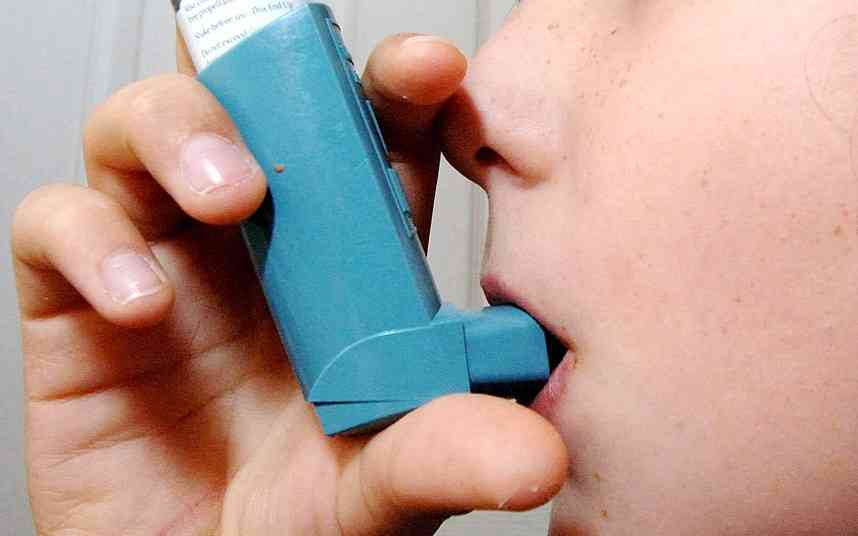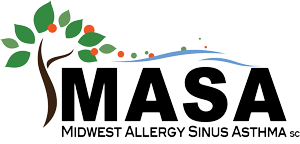Back to School with Asthma and Food Allergy

For children with allergies or asthma, heading back to school requires additional preparation to ensure proper health in the classroom. Asthma is the number one health program causing chronic absence from school. Food allergies can also trigger potential problems anywhere from the bus stop to the classroom. Cooperation between the family, physician, and school is essential to ensure the student’s health in the classroom. The following strategies will help prevent asthma and food allergy problems in the school environment:
1. Develop an Asthma Action Plan or Food Allergy Action Plan
Visit your allergist to develop a written, step-by-step action plan for your child in the event of symptoms occurring. This plan can be given to schools, coaches, babysitters, etc.
2. Know your school's policies
Visit with educators and the school nurse. Discuss with staff how emergency situations should be handled if they occur. Ensure that staff are trained to recognize the signs of asthma or food allergy. Staff should also be trained in the administration of emergency medication. This includes coaches, lunch aids, teacher’s aids, etc.
3. Know your rights
While each state law is different, all fifty states have laws protecting students’ rights to carry and use their asthma inhalers while at school. Many states, including Illinois, require written authorization from a parent or guardian and a physician, as well as the prescription label and information about use. All states, except New York, also protect students’ right to carry and administer their anaphylaxis medications. Anaphylaxis is a severe, life-threatening allergic reaction.
Make sure your child’s paperwork is up-to-date, properly allowing them to use their medication at school. Detailed information on the requirements of each state’s law can be found at www.breatheatschool.org.
4. Make sure your school has an adequate plan for preventing and treating food allergies
Detailed guidelines specific to Illinois schools and school events can be found at www.foodallergy.org/page/statewide-guidelines-for-schools.
5. Obtain refills when needed
Write expiration dates of emergency medications on a calendar to remind yourself when you need to obtain refills and stay up-to-date on your medication.
6. Ensure regular use of preventative medications
For many children, daily medication is essential to properly control asthma. Be vigilant about ensuring your child is using his or her medication as prescribed, including the correct inhaler technique.
Don’t let cost of medications be the reason your child’s asthma is not controlled. There are many prescription assistance services available to provide no-cost or low-cost medication to families that qualify. Visit your allergist for help in connecting with these resources.
7. Vaccinate against seasonal flu
Vaccination plays a key role in helping your immune system to build intolerance and gain strength. The Center for Disease Control recommends everyone over the age of six months receive a flu vaccine. This is especially important for individuals who have asthma.
8. Schedule a back-to-back checkup
Visit your allergist to be sure your child’s symptoms are under control, correct medications are prescribed, and the appropriate action plan is always up-to-date and in place.
The Food Allergy and Anaphylaxis Network also provides valuable resources for students, schools, families, and friends of children with food allergy. Check out their back-to-school tool kit for all grade levels at www.foodallergy.org
With some care and planning, you can ensure your child has an optimal school experience!
Written by Dana Dalbak, PA-C.

Dana Dalbak, PA-C
Dana Dalbak, PA-C, is a certified Physician Assistant, graduating with a Master’s Degree from Central Michigan University. After placing in the tenth percentile on the National Physician Assistant Certification Exam, she traveled to Gambia, West Africa to complete the rest of her training. Upon practicing family medicine for five years in an underserved part of Michigan, where she has worked with Dr. Siri in Allergy and Asthma specialty care since 2007. She has been a wonderful part of the MASA family since its establishment in 2013.
View Dana’s full biography here.


